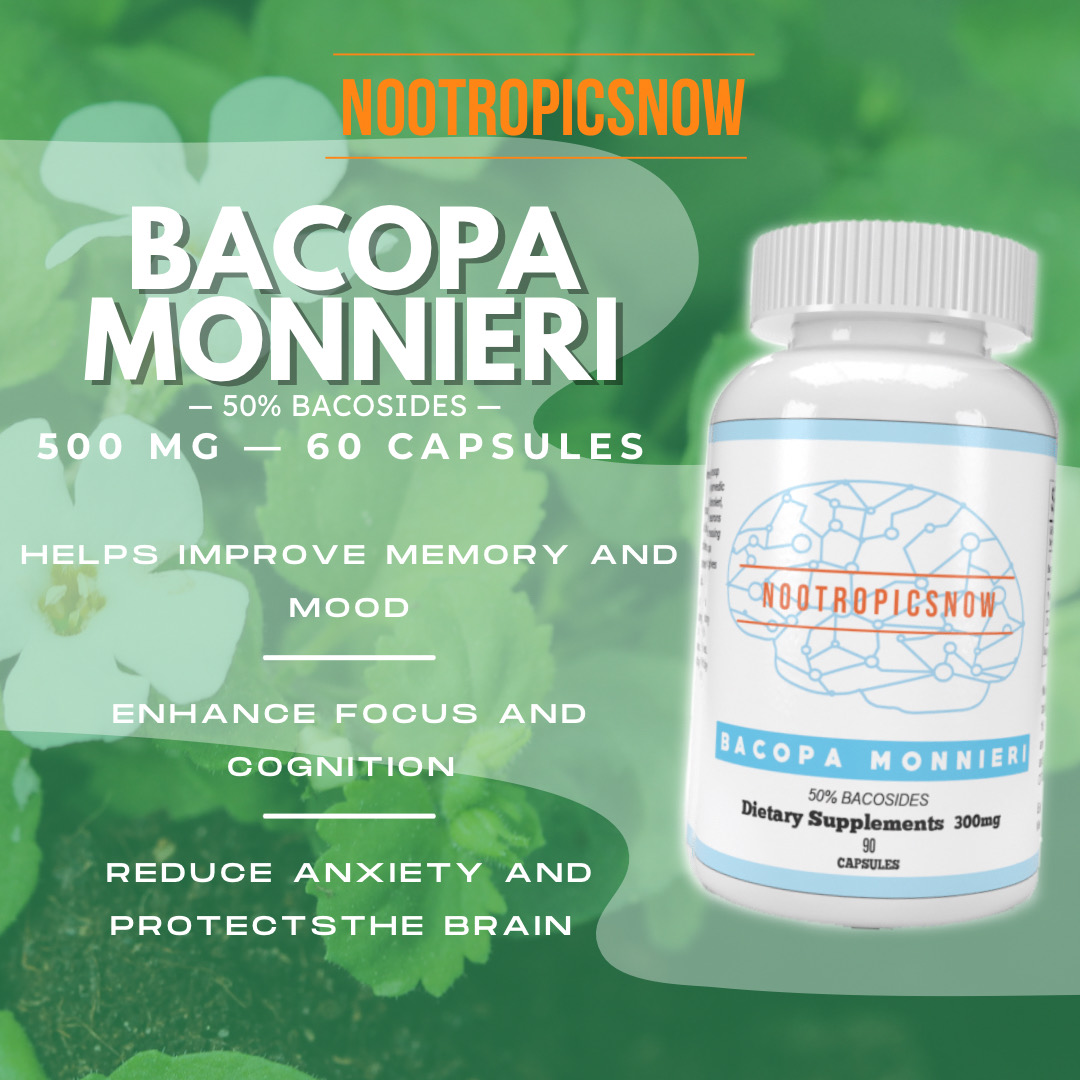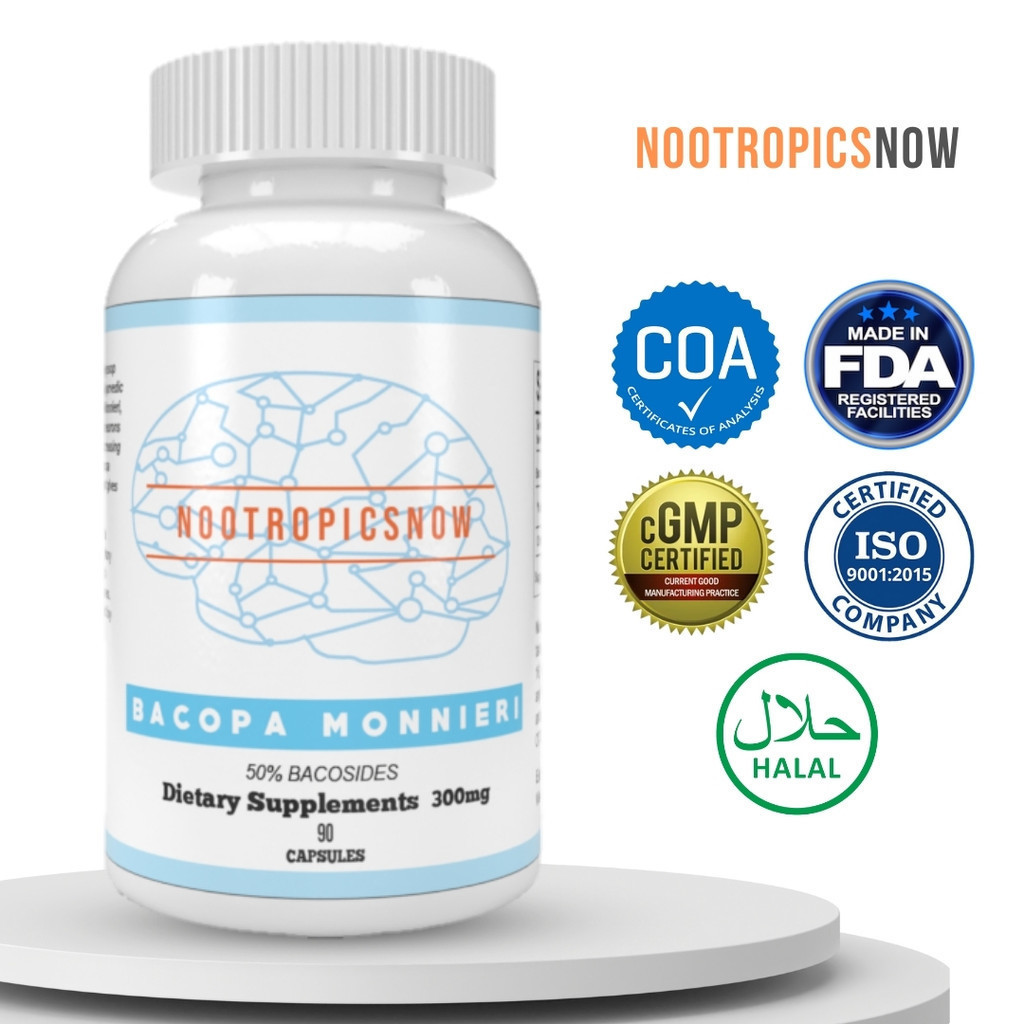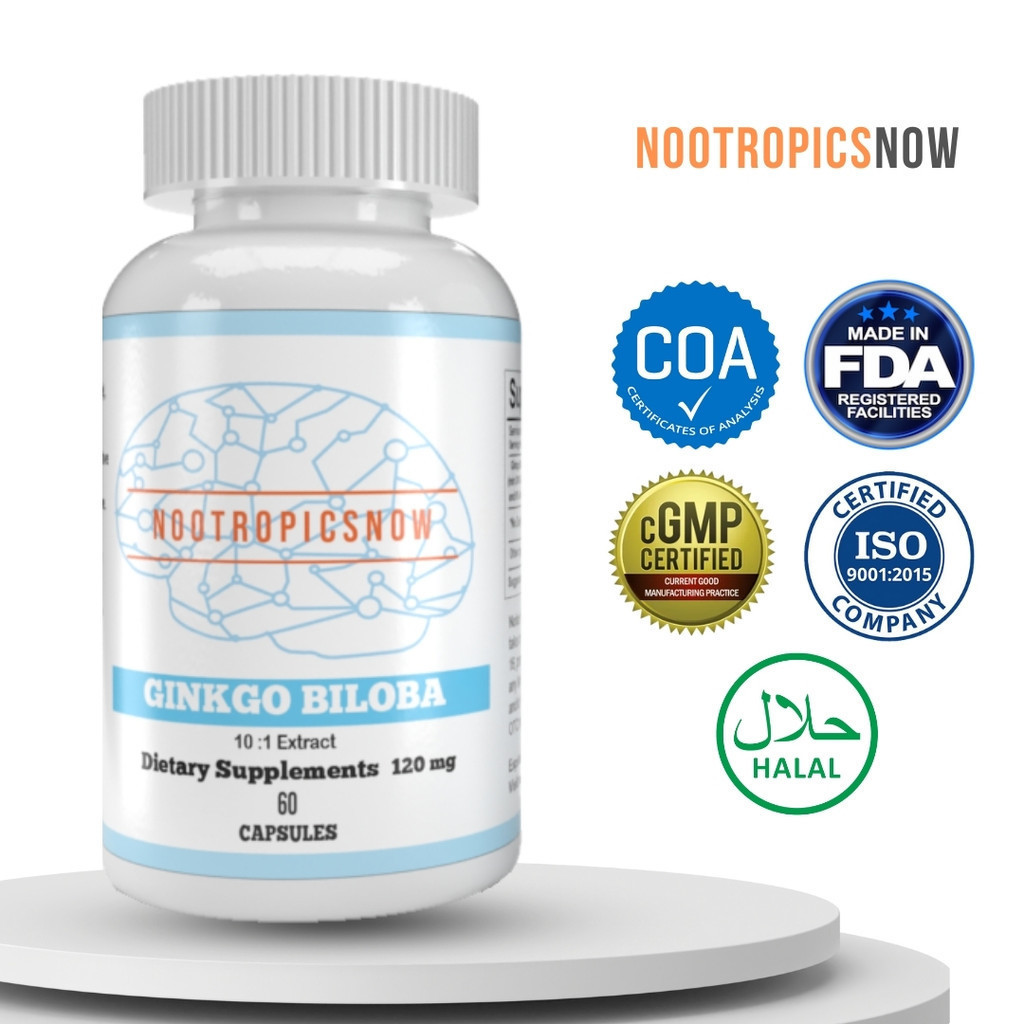Vitamins for Memory: Philippines Best Choices

Vitamins for Memory in the Philippines: A Comprehensive Guide
Maintaining sharp memory and cognitive function is vital for overall well-being, especially as we age. While a balanced diet and healthy lifestyle choices are fundamental, certain vitamins and supplements can provide additional support. This comprehensive guide explores essential vitamins for memory enhancement tailored for the Philippines, considering availability, dietary habits, and common deficiencies.
Understanding the Link Between Vitamins and Memory
Before delving into specific vitamins, it’s crucial to understand how they contribute to memory function. The brain requires a constant supply of nutrients to operate efficiently. Key vitamins act as building blocks for neurotransmitters, protect brain cells from damage, and improve overall brain health. Deficiencies in these essential nutrients can lead to cognitive decline, memory loss, and even neurological disorders.
Top Vitamins and Supplements for Memory Enhancement
Here’s a detailed look at the best vitamins and supplements for memory, readily available in the Philippines:
1. Vitamin B12: The Nerve Protector
Vitamin B12, also known as cobalamin, plays a crucial role in maintaining healthy nerve cells and facilitating the formation of myelin, the protective sheath surrounding nerve fibers. This myelin sheath is vital for the efficient transmission of signals between nerve cells, impacting memory and cognitive function.
Why It Matters: B12 deficiency can lead to nerve damage, cognitive impairment, memory loss, fatigue, and even neurological problems. It affects both short-term and long-term memory.
Sources:
Dietary: Fish (salmon, tuna, cod), meat (beef, liver), poultry (chicken, turkey), eggs, and dairy products (milk, cheese, yogurt) are excellent sources of B12. Fortified breakfast cereals and plant-based milk alternatives (almond, soy) are also options.
Supplements: Available in various forms, including tablets, capsules, and injections. Sublingual B12 supplements, which dissolve under the tongue, offer better absorption.
Dosage: Recommended daily intake is around 2.4 mcg for adults. Higher doses may be necessary for those with deficiencies or absorption issues. Consult a doctor to determine the appropriate dosage.
Considerations in the Philippines: Many Filipinos consume rice as a staple, often paired with limited sources of B12. Those following vegetarian or vegan diets or having conditions like pernicious anemia are at higher risk of deficiency. Regular blood tests can help monitor B12 levels.
2. Vitamin D: The Sunshine Vitamin for Your Brain
Vitamin D, often dubbed the “sunshine vitamin,” is essential not only for bone health but also for optimal brain function. Receptors for vitamin D are found throughout the brain, suggesting its involvement in various cognitive processes.
Why It Matters: Vitamin D supports neuroprotection, improves cognitive performance, and may help prevent age-related cognitive decline. Deficiency is linked to an increased risk of dementia and Alzheimer’s disease.
Sources:
Sunlight: The primary source. Exposing skin to sunlight for 10-15 minutes daily helps the body produce vitamin D. However, factors like skin pigmentation, sunscreen use, and geographic location influence vitamin D synthesis.
Dietary: Fatty fish (salmon, mackerel, tuna), egg yolks, and fortified foods (milk, orange juice, cereals) contain vitamin D.
Supplements: Vitamin D3 (cholecalciferol) is the preferred form, as it is more effective at raising blood levels. Available as capsules, tablets, and liquid drops.
Dosage: Recommended daily intake ranges from 600-800 IU for adults. Higher doses may be needed to correct a deficiency. Blood tests can determine vitamin D levels.
Considerations in the Philippines: Despite the abundance of sunshine, vitamin D deficiency is prevalent due to indoor lifestyles, cultural practices that promote skin covering, and limited dietary intake. Supplementation is often necessary, especially during the rainy season or for those with limited sun exposure.
3. Vitamin E: The Antioxidant Protector
Vitamin E is a powerful antioxidant that protects brain cells from damage caused by free radicals. This protection is crucial for maintaining healthy cognitive function and preventing age-related decline.
Why It Matters: Oxidative stress contributes to neurodegenerative diseases like Alzheimer’s. Vitamin E’s antioxidant properties help neutralize harmful free radicals, safeguarding brain cells. It helps promote healthy blood circulation to the brain as well.
Sources:
Dietary: Nuts (almonds, hazelnuts, peanuts), seeds (sunflower seeds, pumpkin seeds), vegetable oils (wheat germ oil, sunflower oil, safflower oil), and green leafy vegetables (spinach, broccoli) are rich in vitamin E.
Supplements: Available as capsules or softgels, often in the form of alpha-tocopherol.
Dosage: Recommended daily intake is around 15 mg for adults. High doses should be avoided, as they may have adverse effects.
Considerations in the Philippines: While vitamin E deficiency is rare, it can occur in individuals with fat malabsorption issues or those on very low-fat diets. Incorporating vitamin E-rich foods into the diet is generally sufficient for most Filipinos.
4. Omega-3 Fatty Acids: Brain-Boosting Fats
Omega-3 fatty acids, particularly docosahexaenoic acid (DHA) and eicosapentaenoic acid (EPA), are essential for brain health and function. DHA is a major structural component of brain cell membranes, crucial for cell signaling and nerve transmission.
Why It Matters: Omega-3s support memory, learning, and cognitive performance. They have anti-inflammatory properties that protect brain cells from damage and may help prevent age-related cognitive decline and neurodegenerative diseases.
Sources:
Dietary: Fatty fish (salmon, mackerel, tuna, sardines), flaxseeds, chia seeds, walnuts, and seaweed are good sources of omega-3s.
Supplements: Fish oil supplements are the most common source of DHA and EPA. Algal oil supplements are a plant-based alternative for vegetarians and vegans.
Dosage: Recommended daily intake varies, but generally, adults should aim for at least 250-500 mg of combined DHA and EPA. Higher doses may be recommended for specific conditions.
Considerations in the Philippines: While fish consumption is relatively common, the types of fish readily available may not always be the richest sources of omega-3s. Fish oil supplements are a convenient way to ensure adequate intake.
5. B-Complex Vitamins: The Cognitive Enhancers
B-complex vitamins, including thiamin (B1), riboflavin (B2), niacin (B3), pantothenic acid (B5), pyridoxine (B6), biotin (B7), folate (B9), and cobalamin (B12), work synergistically to support brain health.
Why It Matters: B vitamins play vital roles in energy production, neurotransmitter synthesis, and nerve function. Deficiencies can lead to fatigue, cognitive impairment, memory loss, and neurological problems. Folate is especially important during pregnancy for fetal brain development.
Sources:
Dietary: A varied diet rich in whole grains, lean meats, poultry, fish, eggs, dairy products, legumes, nuts, seeds, and green leafy vegetables provides B vitamins.
Supplements: B-complex supplements contain a combination of all eight B vitamins.
Dosage: Recommended daily intake varies for each B vitamin. B-complex supplements typically provide adequate doses for most individuals.
Considerations in the Philippines: Rice, a staple food, is often polished, which removes the outer layer containing B vitamins. Consuming unpolished rice (brown rice) or supplementing with B-complex vitamins can help address this issue.
6. Choline: The Neurotransmitter Booster
Choline is an essential nutrient that plays a crucial role in brain development and function. It is a precursor to acetylcholine, a neurotransmitter involved in memory, learning, and muscle control.
Why It Matters: Choline supports memory formation, improves cognitive performance, and may help protect against age-related cognitive decline.
Sources:
Dietary: Eggs (especially egg yolks), liver, beef, poultry, fish, soybeans, and cruciferous vegetables (broccoli, cauliflower) are good sources of choline.
Supplements: Available as choline bitartrate, phosphatidylcholine, and alpha-GPC. Alpha-GPC is considered the most bioavailable form.
*

View Product
Dosage: Recommended daily intake is around 550 mg for men and 425 mg for women.
Considerations in the Philippines: Many Filipinos consume eggs regularly, which contributes to choline intake. However, those who avoid eggs or have limited access to choline-rich foods may benefit from supplementation.
7. Magnesium: The Brain Relaxer
Magnesium is an essential mineral involved in numerous bodily functions, including brain health. It helps regulate nerve transmission, reduce inflammation, and protect against neuronal damage.
Why It Matters: Magnesium supports memory, learning, and cognitive function. It may help improve sleep quality, which is essential for memory consolidation.
Sources:
Dietary: Green leafy vegetables (spinach, kale), nuts (almonds, cashews), seeds (pumpkin seeds, sunflower seeds), whole grains, legumes, and dark chocolate are good sources of magnesium.
Supplements: Available as magnesium citrate, magnesium oxide, and magnesium glycinate. Magnesium glycinate is often preferred due to its better absorption and gentler effect on the digestive system.
Dosage: Recommended daily intake is around 400-420 mg for men and 310-320 mg for women.
Considerations in the Philippines: Soil depletion can affect the magnesium content of locally grown vegetables. Supplementation may be beneficial for those who don’t consume enough magnesium-rich foods.
8. Zinc: The Immune and Cognitive Supporter
Zinc is an essential mineral involved in immune function, wound healing, and brain health. It plays a crucial role in neurotransmitter activity and protects against oxidative stress.
Why It Matters: Zinc supports memory, learning, and cognitive function. It may help improve mood and reduce the risk of depression.
Sources:
Dietary: Oysters, beef, poultry, pork, beans, nuts, and seeds are good sources of zinc.
Supplements: Available as zinc picolinate, zinc citrate, and zinc oxide. Zinc picolinate is considered the most bioavailable form.
Dosage: Recommended daily intake is around 11 mg for men and 8 mg for women. High doses should be avoided, as they may interfere with copper absorption.
Considerations in the Philippines: Zinc deficiency can occur due to inadequate dietary intake or poor absorption. Supplementation may be beneficial for those at risk.
Herbal Supplements for Memory Enhancement
In addition to vitamins and minerals, certain herbal supplements are known for their memory-enhancing properties:
1. Bacopa Monnieri (Brahmi): The Ancient Memory Herb
Bacopa monnieri, also known as Brahmi, is an ancient Ayurvedic herb traditionally used to enhance memory and cognitive function.

View Product
Why It Matters: Bacopa supports memory retention, improves learning, reduces anxiety, and protects against neuronal damage.
Sources: Available as capsules, tablets, and powders.
Dosage: Typical dosage ranges from 300-600 mg per day, standardized to contain 20-55% bacosides.
Considerations in the Philippines: Widely available in health food stores and online retailers. Look for standardized extracts to ensure consistent potency.
2. Ginkgo Biloba: The Circulation Booster
Ginkgo biloba is a popular herbal supplement known for its ability to improve blood flow to the brain.
Why It Matters: Ginkgo supports memory, improves cognitive function, and may help reduce the risk of age-related cognitive decline. It has antioxidant properties.
Sources: Available as capsules, tablets, and liquid extracts.
Dosage: Typical dosage ranges from 120-240 mg per day, standardized to contain 24% flavone glycosides and 6% terpene lactones.
Considerations in the Philippines: Widely available in pharmacies and health food stores.
3. Lion’s Mane Mushroom: The Nerve Growth Factor
Lion’s mane mushroom (Hericium erinaceus) is a medicinal mushroom known for its neuroprotective and cognitive-enhancing properties.

View Product
Why It Matters: Lion’s mane stimulates the production of nerve growth factor (NGF), a protein that promotes the growth and survival of nerve cells. It supports memory, improves cognitive function, and may help reduce anxiety and depression.
Sources: Available as capsules, powders, and extracts.
Dosage: Typical dosage ranges from 500-3000 mg per day.
Considerations in the Philippines: Increasingly available in health food stores and online retailers.
Dietary Strategies for Boosting Memory in the Philippines
While supplements can provide additional support, a balanced diet rich in essential nutrients is crucial for brain health.
Embrace a Mediterranean-Style Diet: Focus on whole grains, fruits, vegetables, lean proteins, and healthy fats (olive oil, nuts, seeds).
Eat Fatty Fish Regularly: Aim for at least two servings of fatty fish (salmon, mackerel, tuna) per week to ensure adequate omega-3 intake.
Load Up on Antioxidants: Consume plenty of colorful fruits and vegetables, such as berries, spinach, and broccoli, to protect against oxidative stress.
Stay Hydrated: Dehydration can impair cognitive function. Drink plenty of water throughout the day.
Limit Processed Foods, Sugary Drinks, and Saturated Fats: These can negatively impact brain health.
Lifestyle Factors for Memory Enhancement
In addition to vitamins, supplements, and diet, certain lifestyle factors play a crucial role in maintaining sharp memory:
Regular Exercise: Physical activity increases blood flow to the brain and promotes neurogenesis (the formation of new brain cells).
Adequate Sleep: Sleep is essential for memory consolidation. Aim for 7-8 hours of quality sleep per night.
Stress Management: Chronic stress can impair cognitive function. Practice stress-reducing techniques like meditation, yoga, or deep breathing exercises.
Mental Stimulation: Engage in mentally stimulating activities, such as reading, puzzles, learning a new language, or playing musical instruments.
Social Interaction: Social interaction stimulates the brain and promotes cognitive health.
Considerations for Choosing Supplements in the Philippines
Consult a Healthcare Professional: Before starting any new supplement regimen, consult a doctor or registered dietitian, especially if you have underlying health conditions or are taking medications.
Choose Reputable Brands: Select supplements from reputable brands that have been tested for purity and potency.
Read Labels Carefully: Pay attention to the ingredient list, dosage recommendations, and potential side effects.
Start with a Low Dose: Begin with a lower dose and gradually increase it as needed to assess your tolerance.
Monitor Your Progress: Keep a journal to track your experiences and any side effects.
Conclusion: Empowering Your Memory Health in the Philippines
Maintaining sharp memory and cognitive function is an ongoing process that involves a combination of a balanced diet, healthy lifestyle choices, and, when necessary, strategic supplementation. This comprehensive guide has provided a detailed overview of essential vitamins, minerals, and herbal supplements for memory enhancement, tailored to the specific needs and context of the Philippines.
By understanding the role of each nutrient, incorporating memory-boosting foods into your diet, and adopting healthy lifestyle habits, you can empower yourself to optimize your brain health and maintain a sharp, vibrant memory for years to come. Remember to consult a healthcare professional before starting any new supplement regimen to ensure safety and effectiveness.
Vitamins for Memory in the Philippines: A Comprehensive Guide
Memory, the cornerstone of our cognitive abilities, influences how we learn, interact, and navigate our lives. In the Philippines, where a vibrant culture values both tradition and progress, maintaining sharp cognitive function is vital for personal and professional success. As the population ages and faces increasing mental demands, understanding the role of vitamins in supporting memory becomes essential. This guide delves into key vitamins for memory, their benefits, sources, and how to incorporate them into your daily routine within the context of the Philippines.
Understanding the Link Between Vitamins and Memory
Vitamins are organic compounds that our bodies require in small amounts for proper functioning. Several vitamins play crucial roles in brain health, acting as building blocks for neurotransmitters, protecting brain cells from damage, and supporting overall cognitive function. When vitamin deficiencies occur, cognitive decline and memory impairment can result. Consequently, ensuring adequate vitamin intake is critical for maintaining optimal memory and brain health.
Key Vitamins for Memory Enhancement
Several vitamins and supplements have shown promise in supporting and enhancing memory. Here’s an in-depth look at the most important ones, with specific considerations for the Philippine context:
1. Vitamin B12: The Nerve Protector
Vitamin B12, also known as cobalamin, is vital for the health of nerve cells and the production of myelin, the protective sheath that surrounds nerve fibers. Myelin ensures efficient communication between neurons, which is crucial for memory formation and recall.
Benefits:
Supports Nerve Function: B12 directly supports the health and function of nerve cells, crucial for cognitive processes.
Prevents Cognitive Decline: Deficiency can lead to neurological problems, including memory loss and cognitive decline.
Enhances Mood: B12 plays a role in neurotransmitter production, influencing mood and mental well-being, indirectly aiding memory.
Sources:
Animal Products: Meat (especially liver), poultry, fish, eggs, and dairy products are excellent sources.
Fortified Foods: Fortified breakfast cereals, plant-based milk alternatives (almond, soy), and nutritional yeast.
Supplements: Available in various forms, including oral tablets, sublingual lozenges, and injections.
Philippine Context:
In the Philippines, where dietary habits can vary significantly based on socioeconomic status and regional traditions, B12 deficiency is a concern. Many Filipinos consume rice as a staple, which lacks B12. Also, limited access to diverse protein sources in certain communities can contribute to inadequate B12 intake. Supplementation is therefore crucial for those with dietary restrictions, like vegetarians or vegans, or those with malabsorption issues.
Dosage:
The recommended daily intake of Vitamin B12 is 2.4 micrograms for adults. However, higher doses may be necessary to correct deficiencies, as determined by a healthcare professional.
2. Vitamin D: The Sunshine Vitamin
Vitamin D, often called the “sunshine vitamin,” is essential for bone health, immune function, and brain health. Vitamin D receptors are found throughout the brain, suggesting its involvement in various cognitive processes.
Benefits:
Supports Brain Function: Vitamin D influences neuronal growth, differentiation, and survival.
Improves Mood: Vitamin D deficiency is linked to depression and mood disorders, which can negatively impact memory.
Reduces Risk of Cognitive Decline: Adequate vitamin D levels are associated with a lower risk of age-related cognitive decline.
Sources:
Sunlight: The primary source; the body produces vitamin D when exposed to sunlight.
Fatty Fish: Salmon, mackerel, tuna, and cod liver oil are rich in vitamin D.
Fortified Foods: Milk, yogurt, orange juice, and cereals often contain added vitamin D.
Supplements: Vitamin D3 (cholecalciferol) is the most effective form.
Philippine Context:
Despite being a tropical country, vitamin D deficiency is surprisingly prevalent in the Philippines. Factors such as indoor lifestyles, the use of sunblock, and darker skin pigmentation can limit vitamin D synthesis from sunlight. Supplementation is frequently necessary, particularly for the elderly, those with limited sun exposure, and individuals with certain medical conditions.
Dosage:
The recommended daily intake of Vitamin D is 600 IU (15 mcg) for adults under 70 and 800 IU (20 mcg) for adults over 70. However, many individuals require higher doses to achieve optimal blood levels, as determined by a healthcare provider.
3. Vitamin E: The Antioxidant Protector
Vitamin E is a powerful antioxidant that protects brain cells from oxidative stress caused by free radicals. Oxidative stress contributes to aging and neurodegenerative diseases, making vitamin E crucial for maintaining brain health.
Benefits:
Protects Brain Cells: Vitamin E neutralizes free radicals, preventing cellular damage.
May Slow Cognitive Decline: Research suggests that vitamin E may slow the progression of Alzheimer’s disease in some individuals.
Supports Cardiovascular Health: Vitamin E also promotes healthy blood flow, which is essential for brain function.
Sources:
Nuts and Seeds: Almonds, sunflower seeds, and hazelnuts are excellent sources.
Vegetable Oils: Wheat germ oil, sunflower oil, and safflower oil are rich in vitamin E.
Green Leafy Vegetables: Spinach and broccoli provide some vitamin E.
Philippine Context:
While severe vitamin E deficiency is uncommon, many Filipinos may not consume enough vitamin E-rich foods regularly. Incorporating more nuts, seeds, and healthy oils into the diet can help boost vitamin E intake. Supplements are also available but should be taken with caution, as high doses may interact with certain medications.
Dosage:
The recommended daily intake of Vitamin E is 15 mg for adults.
4. Omega-3 Fatty Acids: The Brain Builders
Omega-3 fatty acids, particularly DHA (docosahexaenoic acid) and EPA (eicosapentaenoic acid), are essential structural components of brain cell membranes. They play a crucial role in cell signaling, neurotransmitter function, and reducing inflammation.
Benefits:
Supports Brain Structure: DHA is a major component of brain cell membranes, vital for their integrity and function.
Enhances Cognitive Function: Omega-3s improve memory, learning, and overall cognitive performance.
Reduces Inflammation: Omega-3s have anti-inflammatory properties that protect the brain from damage.
Sources:
Fatty Fish: Salmon, mackerel, tuna, sardines, and herring are excellent sources.
Flaxseeds and Chia Seeds: Contain ALA (alpha-linolenic acid), a precursor to EPA and DHA, although conversion rates are low.
Walnuts: Another plant-based source of ALA.
Fish Oil Supplements: Provide concentrated doses of DHA and EPA.
Philippine Context:
The consumption of fatty fish can be limited in certain regions of the Philippines due to availability and cost. Fish oil supplements are a convenient alternative for ensuring adequate omega-3 intake. Filipinos should choose high-quality supplements that are tested for purity and contaminants, as heavy metal contamination is a concern in some fish products.
Dosage:
The recommended daily intake of Omega-3 Fatty Acids varies, but generally, adults should aim for at least 250-500 mg of combined EPA and DHA per day. Higher doses may be beneficial for specific conditions, as advised by a healthcare professional.
5. B Vitamins: The Cognitive Boosters
The B-complex vitamins, including B1 (thiamine), B2 (riboflavin), B3 (niacin), B5 (pantothenic acid), B6 (pyridoxine), B7 (biotin), B9 (folate), and B12 (cobalamin), work synergistically to support brain function. They play key roles in energy production, neurotransmitter synthesis, and nerve cell health.
Benefits:
Supports Energy Production: B vitamins are essential for converting food into energy, fueling brain activity.
Enhances Neurotransmitter Synthesis: They are involved in the production of neurotransmitters like serotonin, dopamine, and norepinephrine, which regulate mood and cognitive function.
Protects Nerve Cells: B vitamins help maintain the health of nerve cells and myelin.
Sources:
Whole Grains: Brown rice, quinoa, oats.
Meat and Poultry: Chicken, beef, pork.
Fish: Salmon, tuna.
Eggs: A good source of several B vitamins.
Legumes: Beans, lentils.
Green Leafy Vegetables: Spinach, kale.
Nuts and Seeds: Sunflower seeds, almonds.
Philippine Context:
The typical Filipino diet, often centered around rice and limited protein sources, may not provide adequate amounts of all B vitamins. Fortified foods and B-complex supplements can help bridge the gap. It’s important to choose a balanced B-complex supplement that provides all the essential B vitamins in appropriate doses.
Dosage:
The recommended daily intake for each B vitamin varies. A B-complex supplement typically provides a balanced dose of all the essential B vitamins. It is advisable to follow the dosage instructions on the supplement label or consult a healthcare professional.
Natural Supplements for Memory Support
In addition to vitamins, certain natural supplements have shown promise in supporting memory and cognitive function. These include:
1. Bacopa Monnieri (Brahmi): The Ancient Memory Herb
Bacopa Monnieri, also known as Brahmi, is an Ayurvedic herb traditionally used to enhance memory and cognitive function. It contains active compounds called bacosides, which have antioxidant and neuroprotective properties.

View Product
Benefits:
Enhances Memory and Learning: Bacopa improves memory retention, recall, and learning ability.
Reduces Anxiety and Stress: It has adaptogenic properties that help the body cope with stress.
Protects Brain Cells: Bacopa’s antioxidant properties protect brain cells from damage.
Philippine Context:
Bacopa Monnieri supplements are becoming increasingly popular in the Philippines as a natural way to support memory and cognitive function. Memo Plus Gold, a locally available supplement containing Bacopa extract, is widely used by students and professionals to enhance their cognitive performance.

View Product
Dosage:
The typical dosage of Bacopa Monnieri extract is 300-450 mg per day, standardized to contain 20-55% bacosides.
2. Ginkgo Biloba: The Circulation Booster
Ginkgo Biloba is an herbal extract derived from the Ginkgo tree. It is believed to improve blood flow to the brain, which can enhance cognitive function and memory.

View Product
Benefits:
Improves Blood Flow: Ginkgo dilates blood vessels, increasing blood flow to the brain.
Enhances Memory and Cognitive Function: It may improve memory, concentration, and mental clarity.
Has Antioxidant Properties: Ginkgo protects brain cells from oxidative stress.
Philippine Context:
Ginkgo Biloba supplements are readily available in the Philippines and are often used by older adults to support memory and cognitive function.

View Product
Dosage:
The typical dosage of Ginkgo Biloba extract is 120-240 mg per day, divided into two or three doses.
3. Lion’s Mane Mushroom: The Nerve Growth Factor
Lion’s Mane Mushroom (Hericium erinaceus) is a medicinal mushroom that has been shown to stimulate the production of nerve growth factor (NGF), a protein that promotes the growth and survival of nerve cells.
Benefits:
Stimulates Nerve Growth: Lion’s Mane promotes the growth and regeneration of nerve cells.
Enhances Cognitive Function: It may improve memory, focus, and overall cognitive performance.
Supports Mood: Lion’s Mane has been shown to have antidepressant and anti-anxiety effects.
Philippine Context:
Lion’s Mane Mushroom supplements are gaining popularity in the Philippines as a natural way to support brain health and cognitive function.
Dosage:
The typical dosage of Lion’s Mane Mushroom extract is 500-1000 mg per day, divided into two or three doses.
Dietary and Lifestyle Tips for Memory Enhancement
In addition to vitamins and supplements, adopting a healthy lifestyle can significantly support memory and cognitive function. Here are some tips:
Eat a Brain-Healthy Diet: Emphasize whole foods, fruits, vegetables, lean protein, and healthy fats.
Stay Hydrated: Dehydration can impair cognitive function. Drink plenty of water throughout the day.
Get Regular Exercise: Physical activity increases blood flow to the brain and promotes the growth of new brain cells.
Engage in Mental Exercise: Challenge your brain with puzzles, games, and learning new skills.
Get Enough Sleep: Sleep is essential for memory consolidation. Aim for 7-8 hours of sleep per night.
Manage Stress: Chronic stress can damage brain cells. Practice stress-reduction techniques like meditation and yoga.
Limit Alcohol and Tobacco: Excessive alcohol consumption and smoking can impair cognitive function.
Stay Socially Active: Social interaction helps keep your brain engaged and stimulated.
Manage Underlying Health Conditions: Conditions like diabetes, high blood pressure, and high cholesterol can increase the risk of cognitive decline.
A Sample Meal Plan for Memory Support in the Philippines
Here’s a sample meal plan incorporating foods rich in memory-boosting vitamins and nutrients, tailored to Filipino tastes:
Breakfast:
Oatmeal with berries and nuts (provides B vitamins, antioxidants, and healthy fats)
Scrambled eggs (source of choline and vitamin B12)
Lunch:
Grilled salmon with mixed green salad (rich in omega-3 fatty acids and antioxidants)
Brown rice (provides B vitamins and fiber)
Dinner:
Chicken tinola (Filipino soup with chicken, green papaya, and ginger) – provides B vitamins and supports immune function
Steamed vegetables (broccoli, spinach) – sources of vitamin E and antioxidants
Snacks:
Handful of almonds or walnuts (vitamin E and healthy fats)
Yogurt with fruit (vitamin D and probiotics)
Conclusion
Maintaining a healthy memory is crucial for overall well-being and quality of life. By understanding the role of vitamins and supplements in supporting cognitive function and incorporating them into a balanced diet and healthy lifestyle, individuals in the Philippines can enhance their memory and protect their brain health. Remember to consult with a healthcare professional before starting any new supplement regimen, especially if you have underlying health conditions or are taking other medications.
By following the guidelines outlined in this comprehensive guide, you can take proactive steps to support your memory and cognitive function and enjoy a sharper, more fulfilling life.







